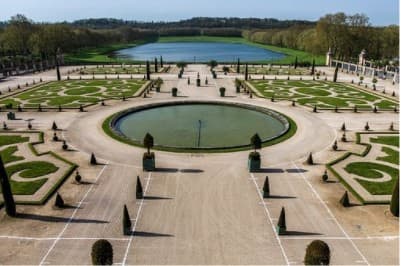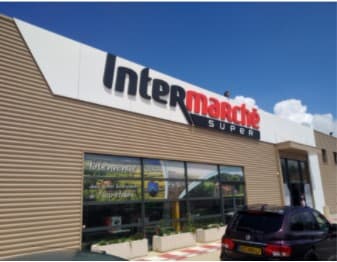Myths about teaching can hold you back
- Year 5
Describing the places in the town
In this lesson, we will use adjectives to describe places in the town in the masculine and feminine and then will put all our learning of the unit together. Please note this lesson will require some additional equipment, beyond a pen, pencil or paper, to fully participate. Please see the equipment slide near the start of the lesson video and make sure your child is adequately supervised if equipment is required.
- Year 5
Describing the places in the town
In this lesson, we will use adjectives to describe places in the town in the masculine and feminine and then will put all our learning of the unit together. Please note this lesson will require some additional equipment, beyond a pen, pencil or paper, to fully participate. Please see the equipment slide near the start of the lesson video and make sure your child is adequately supervised if equipment is required.
These resources were made for remote use during the pandemic, not classroom teaching.
Switch to our new teaching resources now - designed by teachers and leading subject experts, and tested in classrooms.
Lesson details
Key learning points
- describing the places in town
- être (est / n'est pas)
- intensifiers (assez, très)
- conjunctions (et, aussi, mais)
- adjectival agreement and position
Licence
Loading...
Some of our videos, including non-English language videos, do not have captions.
5 Questions
Q1.Which of these is a place in the town?
Q2.Which of these is a method of transport?
Q3.Fill the gap - Dans ma ville __________ une école.
Q4.Which of these sentences matches the picture?

Q5.What does this sentence mean in English 'Je n'aime pas ma ville car elle n'est pas intéressante ?
5 Questions
Q1.Fill the gap with the best fit conjunction: J'adore ma ville _____ elle est historique.
Q2.Which sentence best describes this picture?

Q3.Which sentence best describes this picture?


